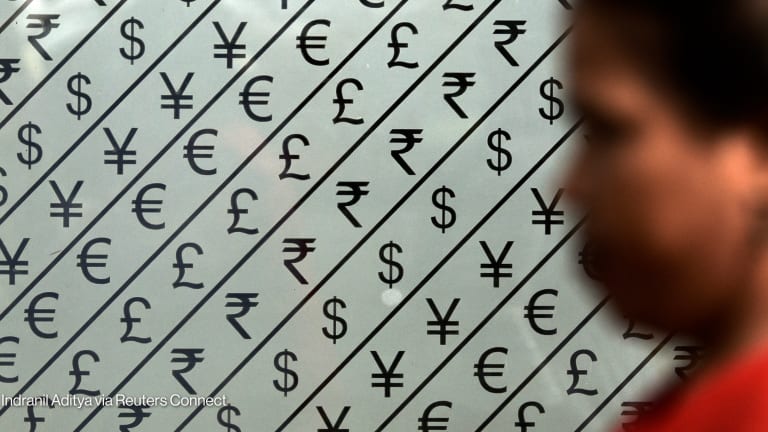Desperate times, they say, call for desperate measures. But for the Asian Development Bank, desperate, crisis-hit times call for increased budget support – at least for the Philippines.
With the Philippine economy reeling under the current global recession, the Manila-based lender is doubling its planned assistance for the country in 2009 to some $1.3 billion, primarily to cover deficits in the nation's expenditure program.
"The government's external financing requirements have increased significantly in 2009 and therefore ADB responded by increasing the level of budget support," said ADB's Philippine country director Neeraj Jain during the Sept. 22 release of the Asian Development Outlook 2009 Update.
The update, which was simultaneously unveiled in Hong Kong, projected that developing Asia will spearhead the worldwide economic rebound. The swift revitalization of larger economies such as China and India – coupled with previously robust financial systems and effective monetary and fiscal measures – has made the region much more resilient to the crisis than earlier thought, according to the report. However, trade-dependent nations including Thailand and Malaysia have been slowly pulling through due to the massive contraction in global trade, approximated at 4.3 percent.
If, however, the global economy continues to pick up, the bank may soon move away from addressing external financing needs through budget support and resume concrete investments in the Philippine agricultural, infrastructure and social protection sectors.
By 2010, depending on how the Philippines benefits from the global economic recovery, ADB will hopefully return to its annual normal lending program of about $500 million to $600 million for the developing nation, Jain said. The bank, he added, will then restore its priority investments in energy efficiency, climate change, irrigation, rural productivity and urban infrastructure.
"Therefore our focus will also shift from budget support to concrete projects and investments," Jain underscored.
Budget support has been a key development aid vehicle utilized by the bank to address the adverse impacts of the global economic slump. It has recently established a $3 billion countercyclical support fund to provide much-needed financing for pump-priming measures of governments with weak fiscal stance as manifested by dwindling revenue collection and growing budget deficit. The Philippines, Vietnam and Bangladesh have already secured funding from this facility.








